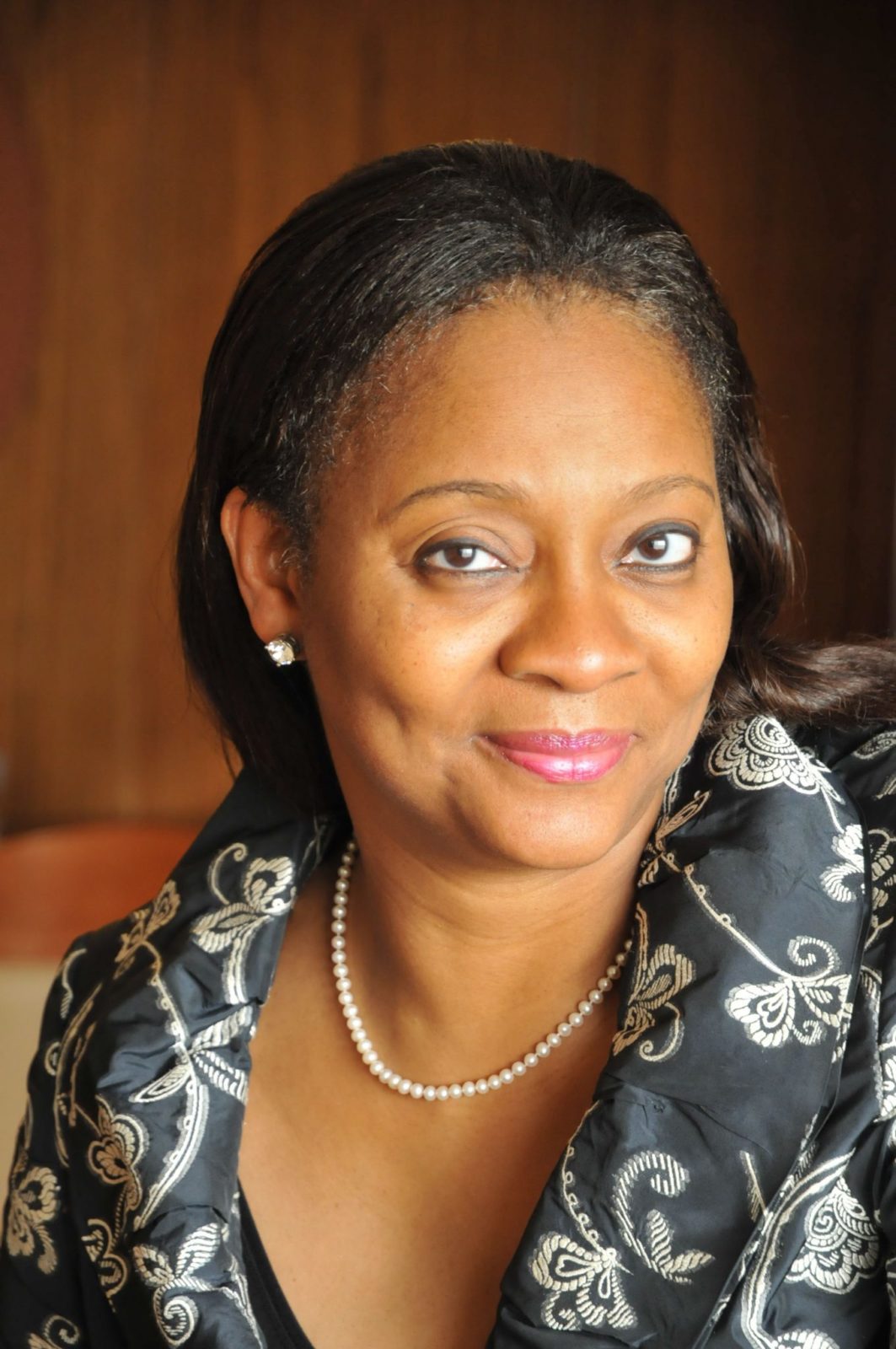We need to start running this country differently,” says Arunma Oteh.
The journalists scribble and the cameras flash. Then Oteh accuses the chairman of the House of Representatives of the Nigerian Capital Market of corruption and unaccountability. This was the 2012 public inquiry into the near collapse of the Nigerian Capital Market.
Oteh has been the director general of the Nigerian Securities Exchange Commission since January 2010. She believes there are no sacred cows in the dispensation of justice. This conviction has driven the reformation of the Nigerian Capital Market.
“I was brought up to always stand up for the right thing, even if it means standing alone. For me, it was standing up for the right thing in spite of the costs. I was angry that a system that is so well endowed was being led irresponsibly. I have had the power to make choices over the years – we all do. I have always chosen excellence over anything else. I had built an international career, reputation and standing for 22 years anchored on this. I knew there would be risks that I would be misunderstood, but I also felt the benefits to society far outweighed any costs attached for me.
“If I didn’t do it, who would?”
Loading...
It was one of many questions Oteh pondered upon her appointment, and in her role as chief regulator of Nigeria’s Stock Exchange.
“I wanted to contribute my own bit to realizing Nigeria’s potential. I believed Nigeria was a well-kept secret that was often misunderstood in terms of its opportunities and potential. There wasn’t a good understanding of the role the capital markets played in transforming the economy – I was prepared to change this,” she says.
With a vocabulary peppered with words like transparency, good governance and accountability, Oteh fought market rigging, the pumping and dumping of shares, and wash sales. She steered the Nigerian Capital Market towards demutualization and capital adequacy.
“I was bent on creating a broader understanding of the value of a world-class, functioning capital market in the transformation of the economy. Wealth is in very few hands. What the capital market does is to create an opportunity for fairer equitable wealth distribution. This can only happen under a thorough structure. I wanted to set an indelible example for the Nigerian public sector. Integrity is so crucial while developing this framework, however, and it was important to rebuild investors’ trust and confidence in the system again,” says Oteh.
This is nothing different from how Oteh normally operates. As a high school student she wanted to become an inventor, but graduated in computer science from the University of Nigeria, Nsukka. Her first corporate job involved being responsible for corporate finance at a stockbroking firm. She completed her MBA at Harvard Business School and worked for the Harvard Center for International Development. In 1992 she joined the African Development Bank (AfDB) as a senior capital investment officer and group treasurer, responsible for fund raising and investments in international capital markets. Oteh was appointed vice president for corporate management at AfDB in 2006.
How does one keep this track record? Oteh believes she has happened upon the right opportunities. She wants more women to access these structures.
“I think a lot of women have exceeded expectation in Africa, in terms of commitment and approach to their jobs.”
Oteh believes the challenge lies in women being equally involved at different levels of decision making. Girl must have access to the same opportunities as boys, so these opportunities are later present in the workplace. Creating a meritocracy in the workplace, where the best suited and qualified individual gets the job, is vital. Successful women should focus on developing upcoming leaders. Women should pave the way for younger women to climb the corporate ladder, through mentorship and coaching. Oteh wants to develop the entrepreneurial spirit among women.
“A number of women helped and supported me in my journey too. They believed in me and instilled the notion that the sky is the limit. You can really go as far as you want to go in life.”
Women also face a lack of access to finance. These are economic issues that act as deterrents to the growth of the economy.
“I believe when given the right opportunities, women excel at their respective roles,” says Oteh.
She has won the admiration of many, especially after ruffling a few feathers, but Oteh faced much resistance in the reformation she championed.
“Some people preserve the status quo because of the benefits the status quo has for them – we can change that. There are no countries that have taken the bold steps we have made in the financial sector in the last few years. It was interesting to see the public opinion on this too. I think people realize that Nigerians are good people who like the right things to be done. I think we just need to stand up more for what is right,” she says.
Her resilience and cutthroat decision-making have earned her the title of the Iron Lady.
“This is not a negative tag for me. The only other person I remember being called that, was Margaret Thatcher, and I found her to be a bold, decisive transformer, who influenced the UK economy positively. She fought fiercely against the status quo. So, if leading change, being passionate, resilient and decisive about a great course is what makes me an Iron Lady, then I proudly raise my hand up high to that tag.”
The Nigerian Stock market crashed from a peak of N12.6 trillion ($78.7 billion) in March 2008 to N4 trillion ($25 billion) in 2009. It has recovered since and closed at N13 trillion ($81.2 billion) in late 2013.
Oteh did not become an inventor, but she is re-inventing a system that was once tainted.
Loading...
